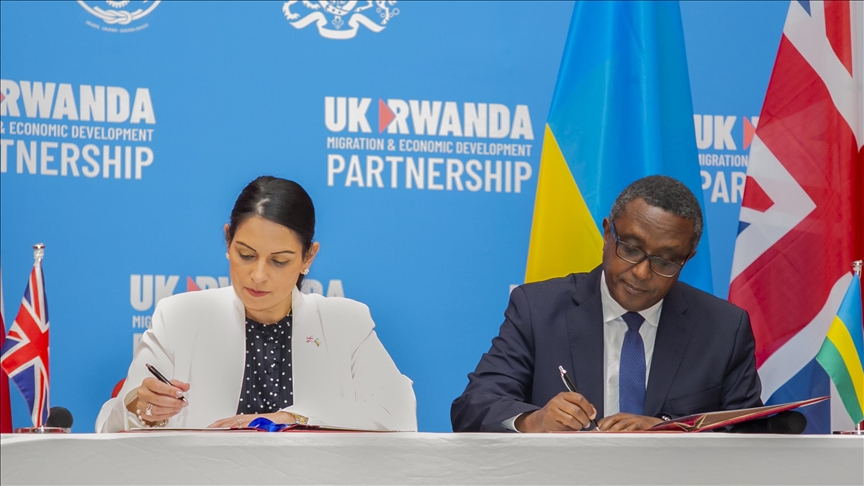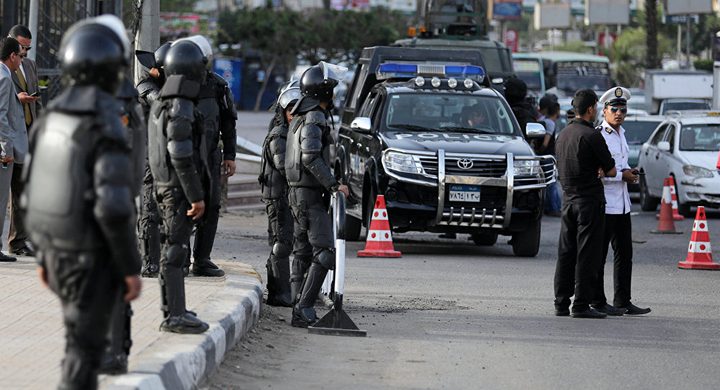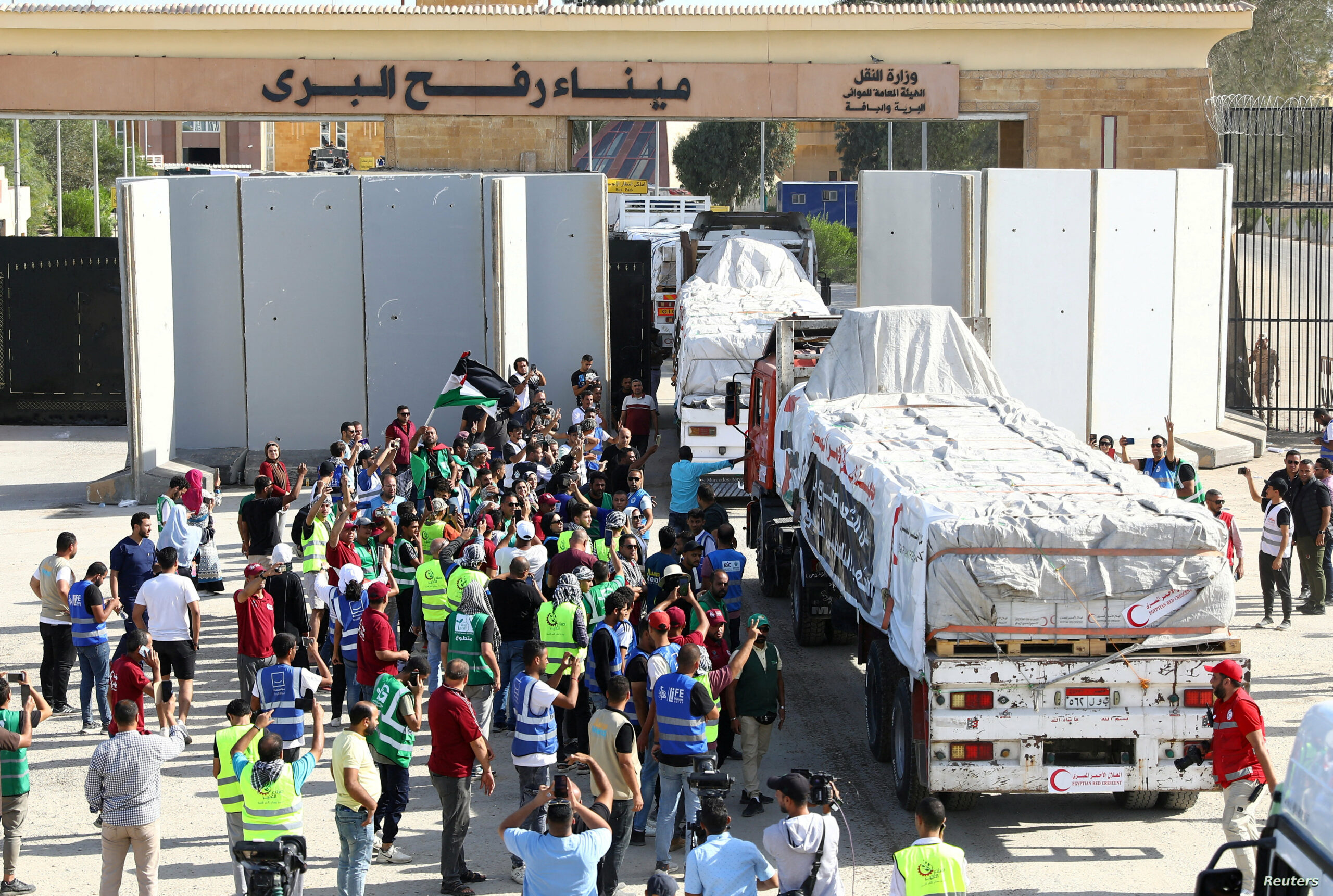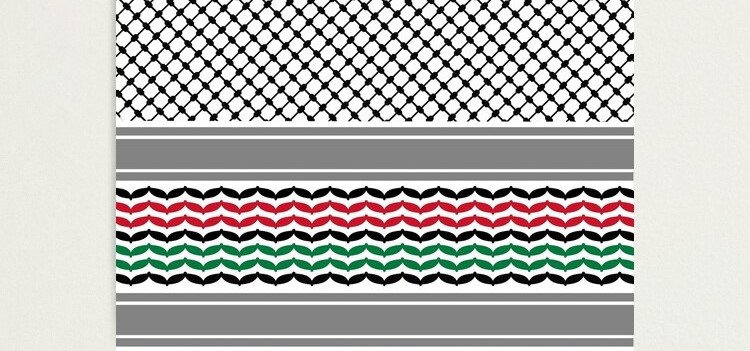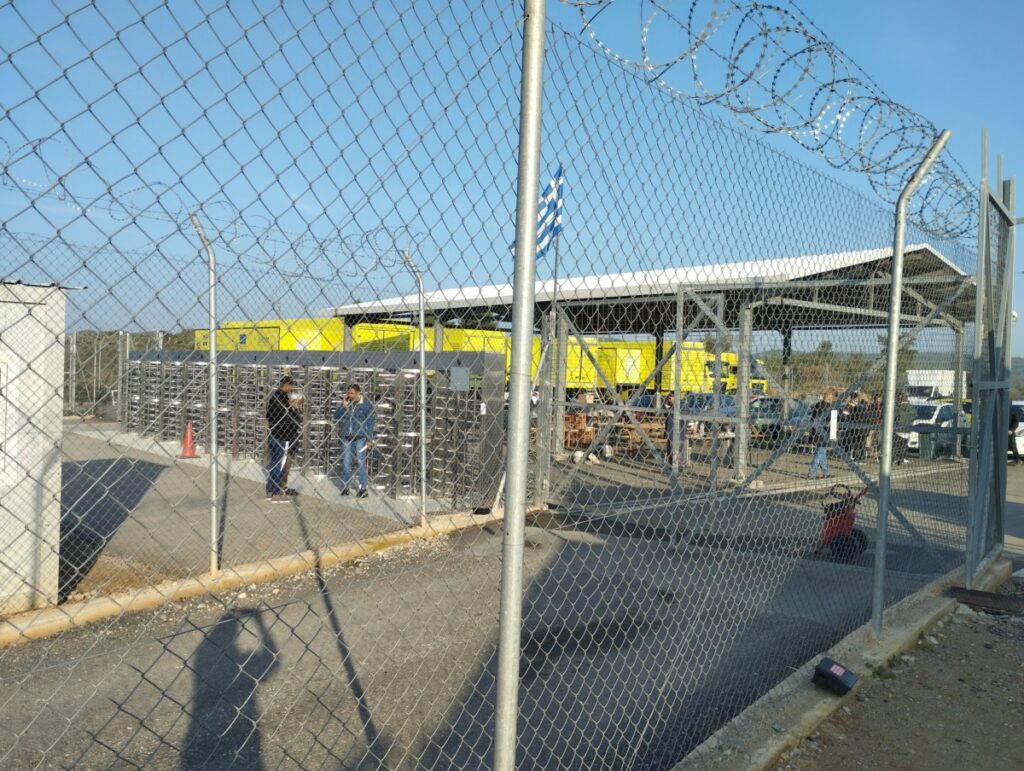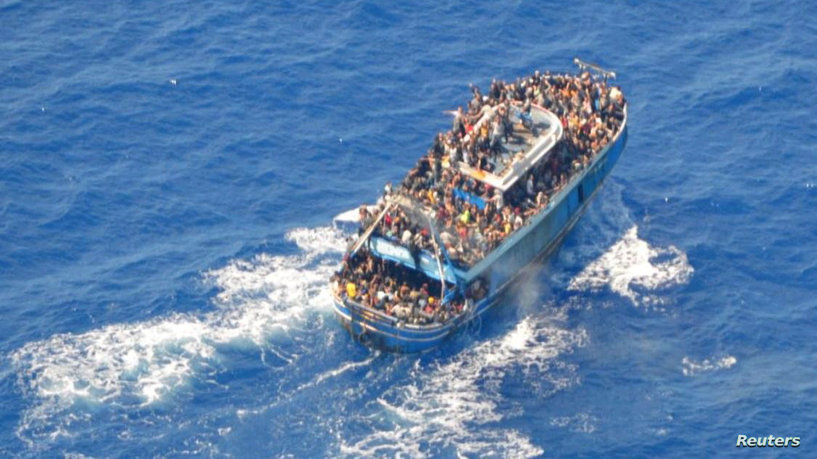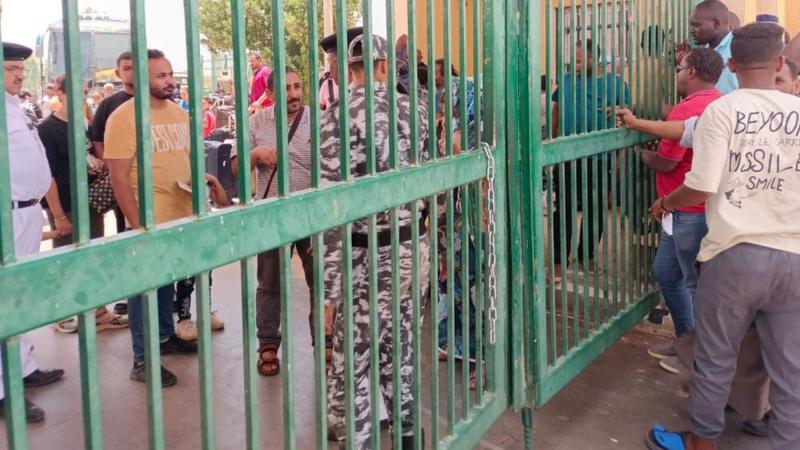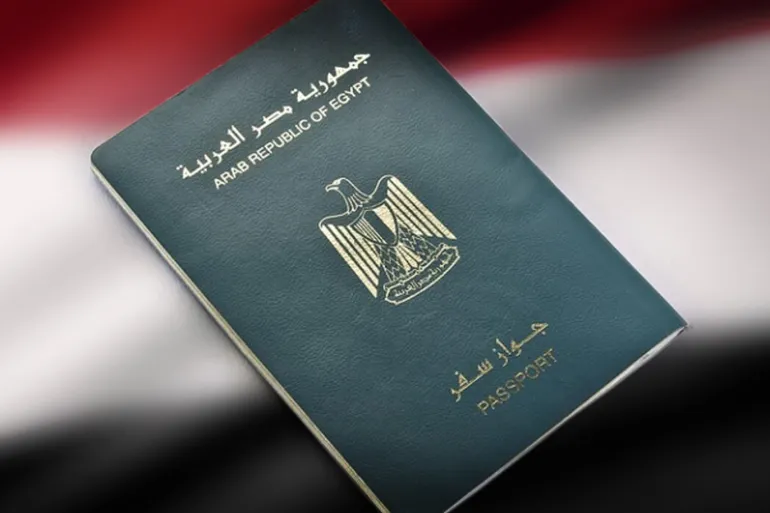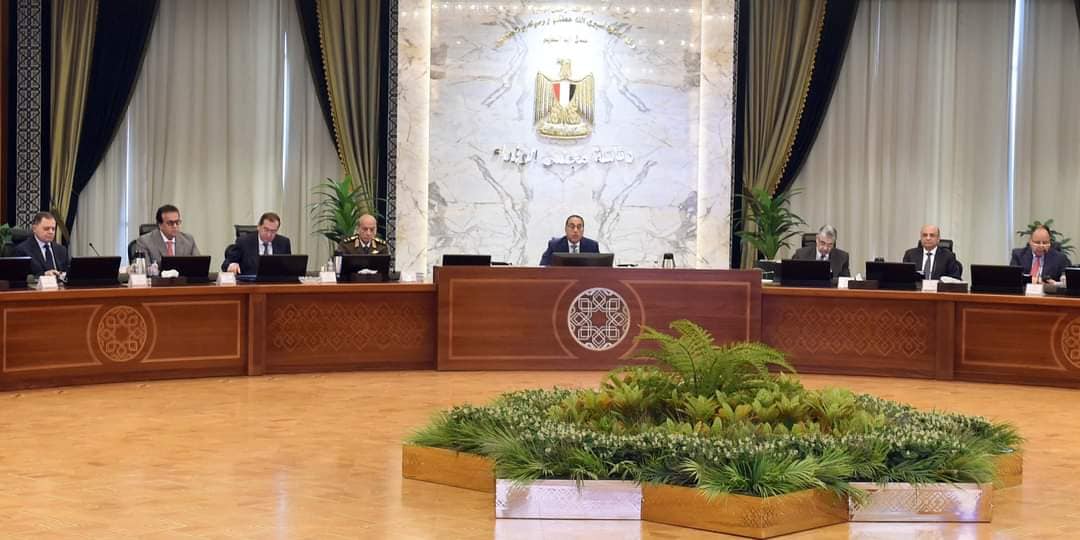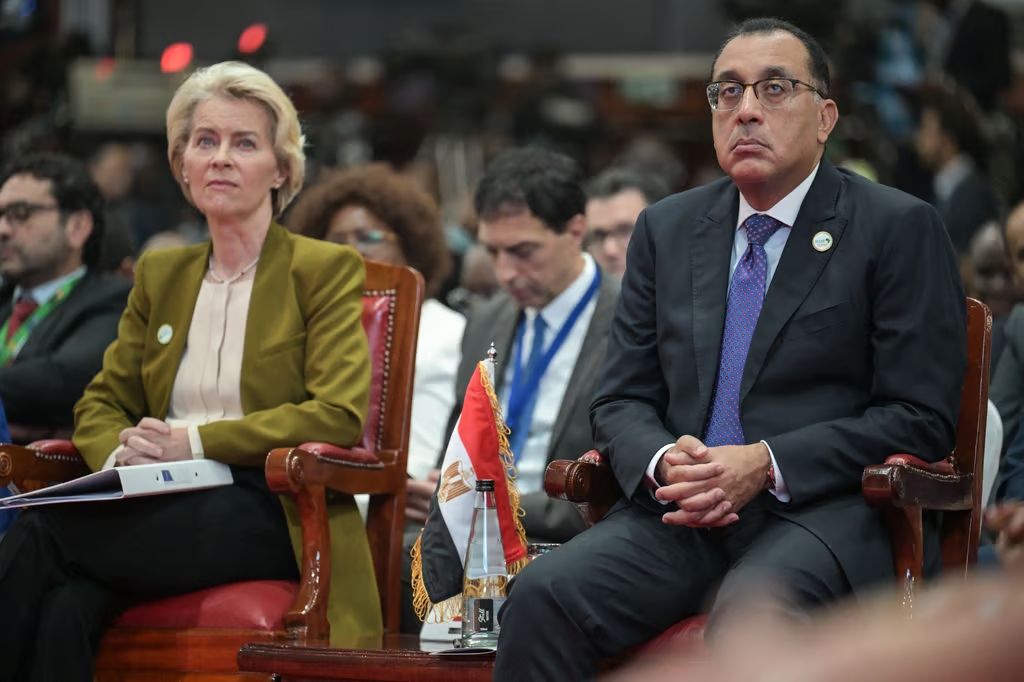Prime Minister Boris Johnson announced Thursday, April 14, that Britain has finalized a deal to send asylum seekers arriving in the UK to Rwanda to process their cases, in a move experts warn is ineffective, violates international law and will encourage human traffickers.
On Thursday 14 April, the Home Secretary also announced in Kigali that in exchange for 120 million pounds ($157 million) in development aid, Rwanda would accept asylum seekers who had arrived in the UK by crossing the English Channel by boat or truck.
The British Navy will take charge of migration operations across the Channel. People who have been transferred to the African country will be accommodated by the UK government in temporary accommodation while the Rwandan government processes their asylum applications, which is expected to take around three months. Those who succeed will be granted the right to stay in Rwanda in the long term!
This makes it merely an expulsion process rather than an asylum application process which, apart from any other objections, has many echoes of the colonial era. The plan signifies the further implementation of militarization policies and the extension of Europe’s borders into northern and central sub-Saharan Africa, which we see to a large extent are already prominent authoritarian practices in the southern Mediterranean, and which are now used by northern Europeans. This demonstrates not only the deterioration of respect for human rights in “authoritarian” contexts but also in so-called democratic ones.
Experts and refugee organizations have criticized the plan as cruel and inhuman. Many questioned its cost and impact, and observers raised concerns about Rwanda’s human rights record. More than 160 charities and campaign groups from the UK’s NGO network also called for the deal to be scrapped in an open letter that described the plan as “shamefully cruel”.
Johnson says the plan will “save countless lives” and “break the people-smugglers business model”. He added that those who made it to the UK “would not be transferred to hotels at a huge public expense” and would instead be housed in detention centres. According to the announcement made by Boris Johnson and British Home Secretary Priti Patel, who travelled to the Rwandan capital Kigali to sign the deal, the pilot scheme will initially focus on unmarried men arriving by boat or truck who will be given a one-way ticket to Rwanda.
The Guardian commented on the deal as having “cruel and cynical arguments” and said that “this approach is rejected on multiple grounds. It is costly, inhumane, and contrary to the history of this country’s commitment to refugees, likely to prove illegal and unlikely to be a deterrent.” What Patel is hoping for. It’s a racist measure. It seems unlikely that a white Ukrainian asylum seeker who has arrived in Britain will be sent to Rwanda. Nor is it as popular as some suppose: a poll on Thursday showed the majority of voters opposed the plan.
Yvette Cooper, a Labour MP, called it “impractical, immoral and extortionate” and warned it would cost UK taxpayers billions of pounds during the cost of living crisis and make it “more difficult, not easier” to get fast and fair asylum decisions. She criticized the move as a “desperate and shameful attempt” by Mr Johnson to “divert attention from his law-breaking” and the “collapse” of the Home Office’s decision-making process on asylum claims, which sees thousands waiting more than a year for a decision.
Rwanda, despite its notorious human rights abuses, will be able to resettle thousands of people in the coming years, according to Johnson. The history of human rights abuses and corruption in Rwanda speaks for itself. This is a deal to kill those who did not die in his country or at sea.
At the time of the plan’s announcement, Boris Johnson said that Rwanda is a dynamic country and one of the safest countries in the world, but this week the US State Department condemned Rwanda in a report as a country with a “crisis of significant human rights issues”, highlighting issues including arbitrary killings, detention and disappearances as well as forced, harsh and life-threatening prison conditions. It turned out that just 10 months prior to the signing of the agreement, the UK issued a statement sounding the alarm about the failure of the authorities in Rwanda to adequately investigate alleged human rights violations and to protect and support victims of human trafficking.
With this deal, the UK is providing an unethical model of additional criminalization for those trying to seek safety in other countries in the global North as other countries such as Denmark, Italy and Germany discuss similar arrangements.
It is reported that during a special summit in June 2017, EU government leaders approved a ten-point scheme to curb migration, including “the construction of safe and decent shelters” in countries where people are crossing borders overland and by sea. However, the situation inside the refugee camps in Libya is catastrophic by all standards, and the refugee camps in Niger are tragic. The former German chancellor, Angela Merkel, pointed out at the time that the word “shelter camps” used in the media was “not part of her vocabulary,” noting that the aim is to establish “certain institutions” in North Africa that would prevent people from embarking on the dangerous crossing journey across the Mediterranean. This is also the basic idea that dominated the EU’s asylum agreement with Turkey in 2016.
Despite Egypt, Tunisia, Algeria and Morocco rejecting such negotiations, the Anglo-Rwandan agreement resurrects such ideas and plans once again to the negotiating table, and is predicted to re-open dialogue in the coming days.
Several critics have pointed to a similar immigration deal between Rwanda and the Israeli occupation authorities between 2014 and 2017, which collapsed when only nine of the approximately 4,000 deportees were found to have remained. It resulted in most of those deported to Rwanda leaving to make the perilous journey to Europe – where many were trafficked and sold in the process. Australia’s policy of offshoring asylum seekers, which ran from 2001 to 2007 and resumed in 2014, has also led to thousands of people being transferred to Nauru or Manus Island to process their claims. This policy has been widely condemned, with Amnesty International saying it amounts to indefinite detention in what could be considered “humiliating or inhuman” conditions.
“Transferring asylum seekers to Rwanda is immoral, inefficient, costly and potentially illegal,” says Yasmine Ahmed, a director at Human Rights Watch UK, in a tweet. This is announced at a time when the British people open their hearts and homes to Ukrainian refugees. We know from Australia that detention abroad is cruel and unethical. Human Rights Watch has documented the devastating toll on the physical and mental health of refugees and asylum seekers, including suicides, an epidemic of self-harm, medical neglect and sexual assault. Despite spending £1.8 million per asylum seeker, and in Papua New Guinea and Nauru paying £37m to settle a class action, the Australian model did not prevent boat arrivals culminating in offshore processing.

